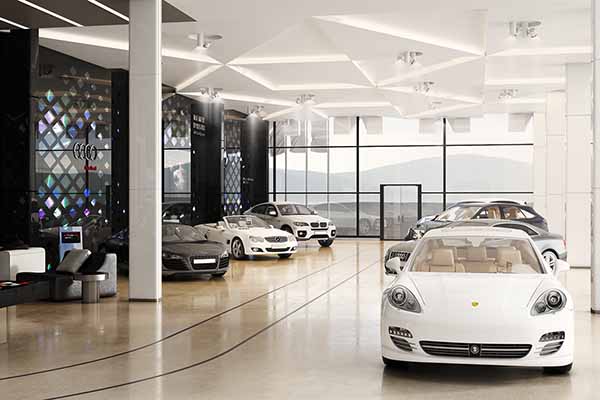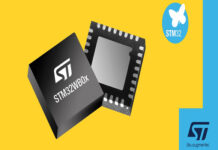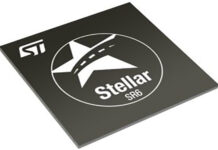With fast-paced technological advancements, changing customer behaviour and growing market competition due to the entry of many new players, the automotive sector is entering fast into a revolutionized age. Subsequently, with an exponential increase in autonomous driving, cloud computing, electric vehicles, machine learning, blockchain, and networking, consumers are blessed with a value-added experience. Moreover, fuelled by the disruption in the supply chain and operations during the pandemic, the industry players are chalking out new and robust business strategies to stay relevant in the market.
Technology has opened up a plethora of opportunities for the automotive industry players to explore emerging trends like the rising number of electric vehicles on the roads, virtual showrooms, and easy finance options. From innovations in the assembly line to advancements in the supply chain to the personalization of marketing content, automobile brands are smartly leveraging technology to entice their prospects.
Let’s explore five new trends that are set to reshape the automotive sector in the coming year.
Digital automobile sales
To make it even easier for customers to purchase vehicles, automakers are exploring options to make the entire buying process online through virtual showrooms. The need for the virtual showroom rose tremendously during the pandemic while there were restrictions on physical movement. Post the pandemic too, the customers’ inclination towards shopping online, even for cars, prevailed. Virtual showrooms are preferred by the automakers mostly because they make sales easy, and unburden infrastructural and overhead costs enabling retailers to offer competitive prices and lucrative deals. Virtual car tours, online documentation and payment through secured channels are other benefits of online purchasing.
Sale of pre-owned vehicles
There has been a significant rise in the sale of used vehicles, with industry experts projecting a 9 per cent growth rate between 2019 and 2025. The rise in the sale has especially been seen in four-year-old or pre-owned electric and hybrid automobiles which are backed by the latest technologies but are not as expensive as the new cars. With the rise in sales, dealerships are now creating inventories, especially dedicated to keeping pre-owned cars.
Wireless technology
Normal cars usually have over 100 million codes and 30,000 parts, and the latest technological advancements have further increased the numbers to help drivers navigate more properly. Especially, the inclusion of 5G technology will be a game changer as people will be able to exchange information through wireless technology including traffic and weather updates while on the road.
Penetration of connected cars
Empowered by the Internet of Things, connected cars are safer, comfortable, and provide a convenient multimedia experience with the use of on-demand features that allow drivers to do anything they want on the web while in the vehicle. Connected cars can not only communicate bi-directionally with various other systems but also share internet access and data devices inside and outside the vehicle. These cars can monitor and share information and services like digital data and remote diagnostics, vehicle health reports, data-only telematics, access to 4G LTE Wi-Fi Hotspots, turn-by-turn directions, and car health issues that allow the user to prevent breakdowns.
Autopilot
Though the concept of entirely self-driven cars is still a distant dream for Indian roads, technological advancements, especially in the domains like artificial intelligence (AI), machine learning (ML), and neural networks might soon make possible the commercial availability of advanced driver-assistance systems (ADAS) and semi-autonomous cars. However, for smooth entry of autonomous vehicles, there is an immediate need to address key issues like pricing, safety issues, consumer understanding, and insufficient regulatory base.
About the author:

Manav Kapur is the Executive Director of Steelbird International. Firmly built on an unshakable code of ethics, Steelbird today is India’s premier brand in the automotive industry with 55 years of experience, proven expertise and a tradition of excellence, as well as an enviable portfolio of OEM customers and exports to over 15 countries worldwide.















